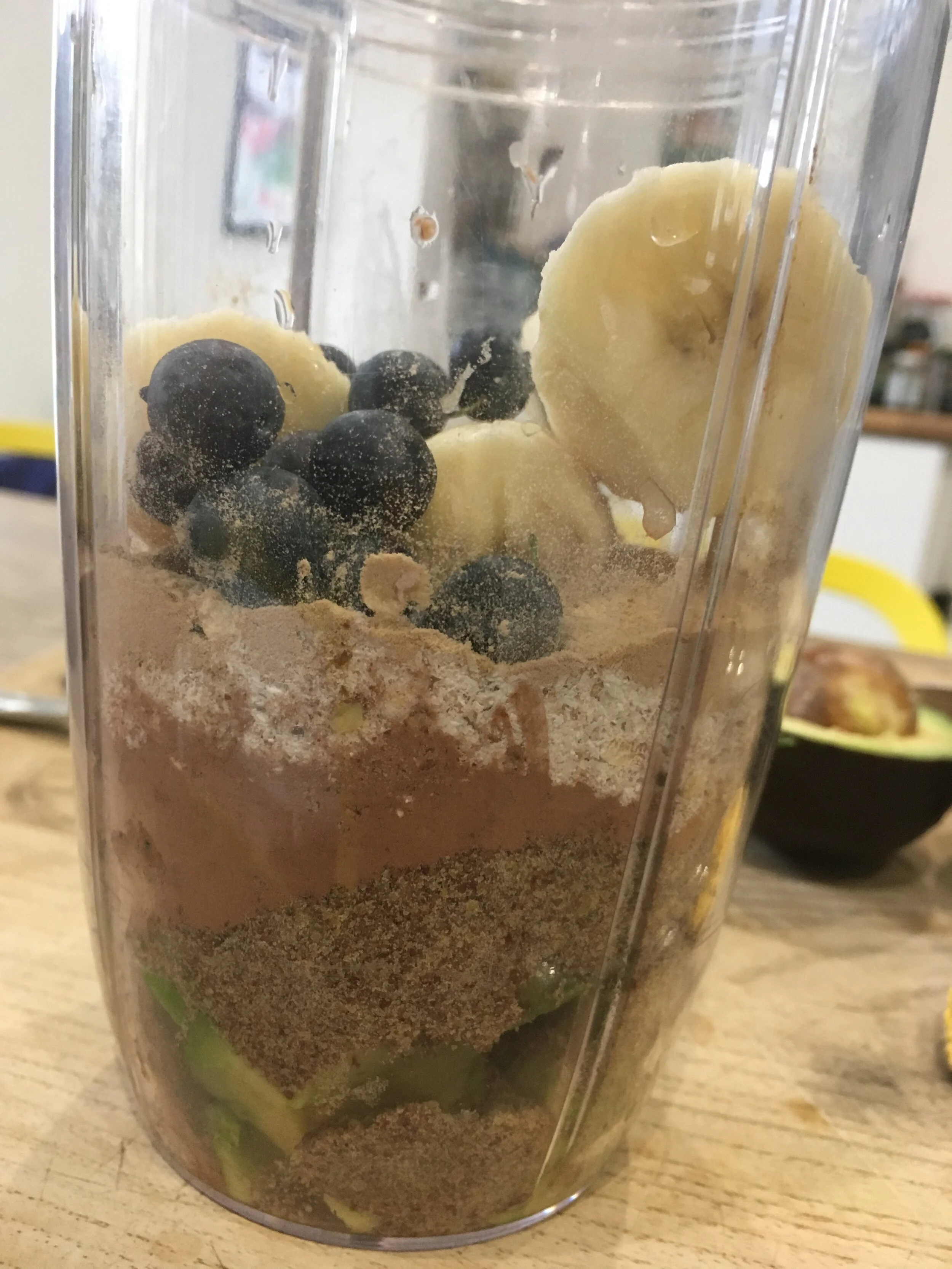Hello brain, this is gut.
How Food Affects Focus (and How to Use That for Good)
ADHD is not just in the brain—it’s in the body too. What you eat impacts your ability to think clearly, feel balanced, and bounce back from distraction.
Without getting too science heavy and having you all zone out, this is the section that predominantly unlocked the door to my ADHD brain management. And from a very young age too.
The discussion between Dopamine (DA) and Norepinephrine (NE) is essential; if one talks too much or too little (DA that’s you) and if one isn’t speaking at all (yep NE, that’s you) then concentration and alertness is effected.
Serotonin and Dopamine are more effective with the help of Magnesium; it sort of hugs them happily together.
Gut Health 101: Why it Matters for ADHD…
The Dopamine-Friendly Pantry List
Feeding the ADHD brain efficiently can be a tricky business. This is because we need to know what (and how much) foods really help. I can suggest several top meal tips, tricks and ideas that can help you on your way.
Back to basics
Simplicity.
The simpler my diet, the calmer my brain.
I call this the ‘Brain Basics’ diet because it strips away the extras so you can work out what your base level is…
Did you know?
Low levels of Zinc are one of the most recognised micronutrient deficiencies linked to the symptoms of ADHD.
Natural Energy Tools (No Sugar, No Crash)
Is this not the worlds favourite drug?!
I bet that most of you will relate to how difficult the regulation of blood sugar levels with an ADHD brain can be…VERY difficult. Right.
This is because our impulsive, stimulation-seeking brain can find it hard to regulate meals.
For example;
9am - “oh look, here’s hyper-focus.”
3pm - “gracious, is it that time already? I forgot to eat breakfast AND lunch. (And I may have forgotten to pick up the kids from school…)”
= eats whole packet of Bourbon biscuits in car on way to picking up children.
Guess what though, REFINED SUGAR causes the release of Dopamine.
It releases feel-good endorphins in the brain and when they’re gone we crave them. And every brain finds the craving of delicious sweet things hard to resist…
* sugar messes with our neurotransmitter communication.
* withdrawal of sugar (dopamine drop-out) crashes energy, mood, can cause brain fog and what I like to call a sort of brain paralysis - where hyper-focus meets procrastination and you cannot function at all; for some, this can be physically visible as skin-picking, or excessing hyperactive-type-movement or sound making.
Refined sugar is addictive and difficult to remove from our diets.





